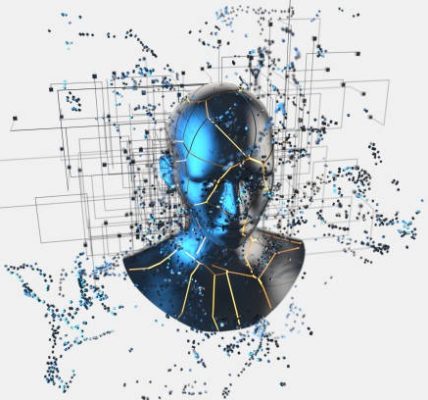Artificial intelligence (AI) and digital platforms are transforming modern education in profound ways, creating new opportunities for personalized learning, accessibility, and efficiency. These technologies enable educators to tailor instruction to individual student needs by analyzing data on performance and learning styles. AI-powered systems can identify areas where students struggle and offer targeted resources or exercises, allowing learners to progress at their own pace. This personalized approach helps improve engagement and retention compared to traditional one-size-fits-all teaching methods.
Digital platforms also facilitate access to a wide range of educational materials beyond the physical classroom. Students can explore interactive content such as videos, simulations, quizzes, and virtual labs anytime and anywhere with an internet connection. This flexibility supports diverse learning preferences while breaking down geographical barriers that once limited access to quality education. Additionally, online forums and collaboration tools encourage peer-to-peer interaction and group projects regardless of location, fostering a sense of community among learners.
The integration of AI in assessment processes enhances both speed and accuracy in grading assignments or exams. Automated grading systems can evaluate multiple-choice tests instantly while sophisticated algorithms assess essays for grammar, coherence, and originality. This reduces the workload on instructors so they can focus more on providing meaningful feedback rather than administrative tasks. Furthermore, real-time analytics help teachers monitor class progress continuously rather than relying solely on periodic exams.
Educators themselves benefit from AI-driven insights that inform curriculum design by highlighting which topics require more attention or alternative explanations based on student outcomes. Adaptive learning technologies adjust content difficulty dynamically according to learner mastery levels during lessons instead of adhering strictly to preset schedules or syllabi.
Despite these advantages, challenges remain regarding equity and privacy concerns associated with widespread adoption of AI tools in education. Ensuring all students have reliable internet access and suitable devices is crucial for inclusive participation in digital learning environments. Safeguarding sensitive student data against unauthorized use must also be prioritized through robust security measures.
Overall, the combination of artificial intelligence with How AI And Digital Platforms Are Reshaping Education into a more flexible, responsive system tailored around each learner’s unique needs while expanding opportunities beyond traditional boundaries. As these technologies continue evolving rapidly alongside pedagogical innovation efforts worldwide will be needed to maximize benefits responsibly without widening existing disparities among learners globally or compromising ethical standards within educational institutions themselves.





